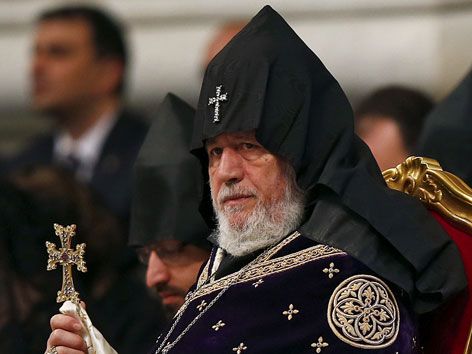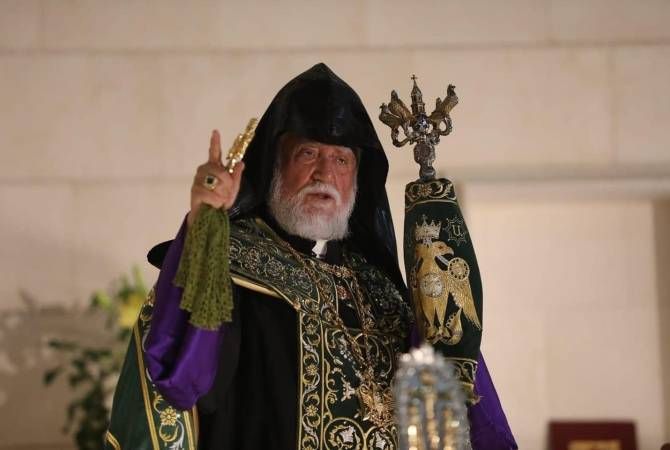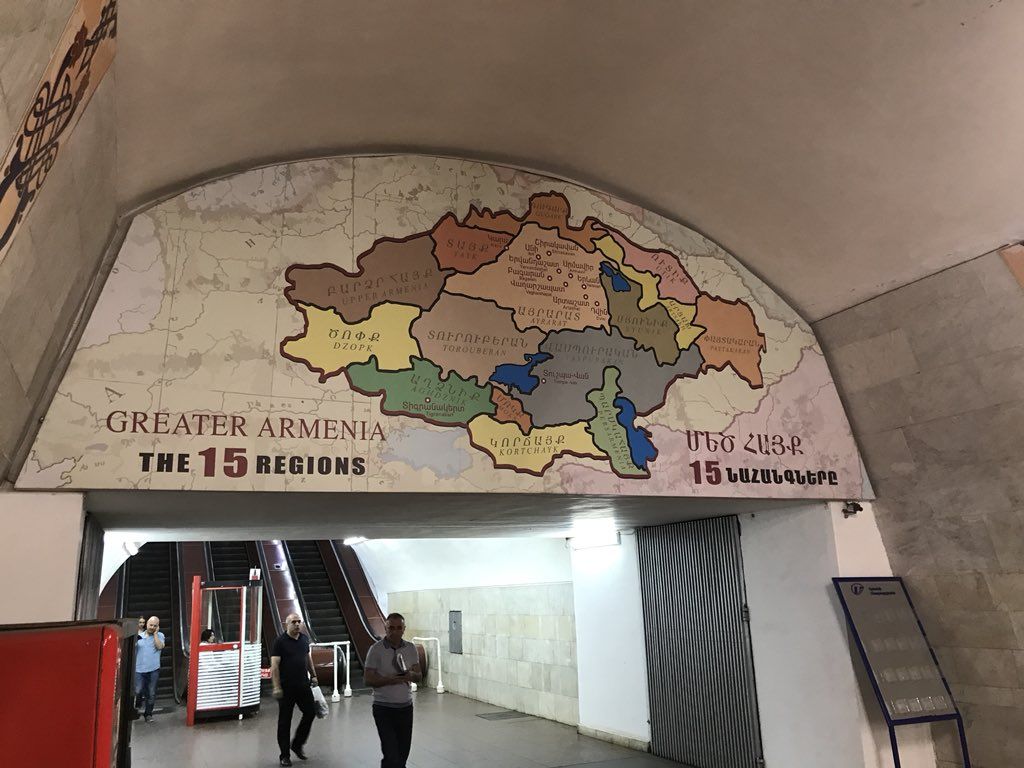Armenia's independence under question [PHOTO]
![Armenia's independence under question [PHOTO]](https://www.azernews.az/media/2022/09/22/6_-_2022-09-22t125005159.png)
Armenia's territorial claim against Azerbaijan and the history of armed enmity between the two countries date back to the beginning of the last century. Due to the changing geopolitical situation in different periods, the state of Armenia, which was exploited by various international actors within the framework of their interests, has become a victim of the same policy.
Since 1989, with the beginning of the Soviet disintegration process, separatist actions against the official Baku in the territory of the former Nagorno-Karabakh Autonomous Province resulted in a bloody war. For a long time, the steps taken by Azerbaijan to liberate Nagorno-Karabakh and the seven adjacent regions from occupation and establish peace in the region were rejected by the Armenian state, the Armenian diaspora, and the church.
What was the reason for this? Why did Armenia not accept the proposals made for the establishment of lasting peace?
The reason behind is one and the only - the dream of Great Armenia, which the Armenian Church has instilled in the brains for many centuries. It was at the start of the last century that the massacres, organized by the Armenian armed groups in the East of Turkiye and Azerbaijan, were activities for the purpose of uniting the lands of "historical" Armenia into one state. This idea, which has been passed down from generation to generation by the church for many years, is also strongly supported by Armenians, who have settled worldwide.
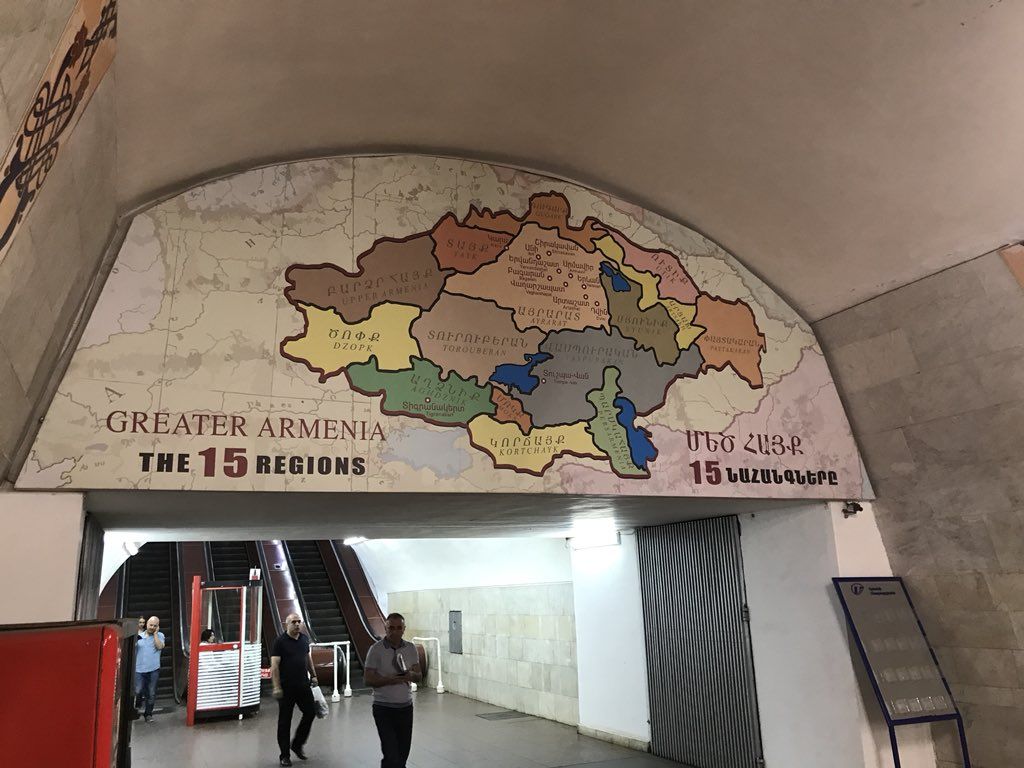
"Greater Armenia" map at the Republic Square metro station in Yerevan
From the economic, political, and moral-psychological points of view, the Armenian diaspora has great influence on the country since Armenia's independence. It should be noted that for many years, not only in Armenia but also in the occupied territories of Azerbaijan, programs totaling millions of dollars have been implemented by the diaspora for relocating and strengthening the material and social conditions of ethnic Armenians.
Currently, the process of drafting a peace agreement, which is considered an important component of the post-conflict period, is strongly rejected by the Armenian Apostolic Church and the Armenian diaspora, which is the main supporter of its ideas. In fact, the recent clashes on the border of the two countries are proof of how the church and diaspora institutions are psychologically effective in Armenia's strategic decision-making process.
Regarding the recent clashes, the Catholicos of all Armenians, Garegin II said in his address to the citizens: "We should not allow division and social polarization to lead us to new defeats, and the imposed peace to new concessions."
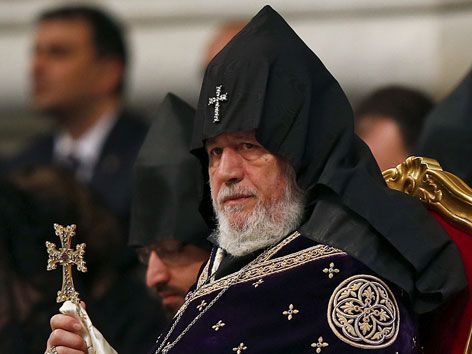
Regarding the issue, Aram I, head of the Armenian Church operating in Lebanon, went even further in his address to the Armenians by saying: "Azerbaijan should know that according to the old saying of our people, the one who does not understand with words understands only with a stick."
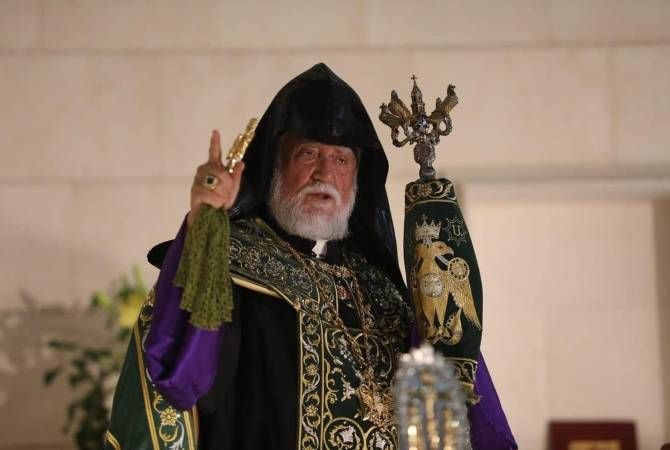
Apparently, both religious leaders employ ideas that will strengthen revanchist thoughts instead of calling people for peace and reconciliation.
On the other hand, the evolving geopolitical realities in the world are creating divisions within the Armenian diaspora and leading to the emergence of various vectors. Thus, the diaspora formed in Western countries (mainly the USA and France) and its leaders want the official Yerevan to be Western-oriented in foreign policy due to the events of recent years, while the diaspora leaders operating in the Russian Federation, on the contrary, want Armenia to remain a strategic ally of Russia. If the first group wishes Armenia's foreign policy to be multi-vectored, the second group considers strengthening relations with Russia, which have lately weakened, to be fateful.
In view of the interests and viewpoints of the diaspora prevailing over the national interests of Armenia, today the Armenian state finds it difficult to act as a subject of the international relations system.
The fact that the church and the diaspora have a great impact on the public consciousness of the Armenian society leads to the survival of revanchist thoughts and the lack of cooperation with neighbors based on mutual respect. As a result, the Armenian government does not recognize the territorial integrity of Azerbaijan, does not allow the restoration of transport communications between the main part of the country and Nakhchivan, delays the process of border delimitation and demarcation, and refuses to start negotiations on a peace treaty.
If the Armenian public and the government are unable to make independent decisions and remain captives of the church and diaspora, the independence, sovereignty, and national interests of Armenia as a subject will continue to be under doubt.
---
Follow us on Twitter @AzerNewsAz
Here we are to serve you with news right now. It does not cost much, but worth your attention.
Choose to support open, independent, quality journalism and subscribe on a monthly basis.
By subscribing to our online newspaper, you can have full digital access to all news, analysis, and much more.
You can also follow AzerNEWS on Twitter @AzerNewsAz or Facebook @AzerNewsNewspaper
Thank you!

